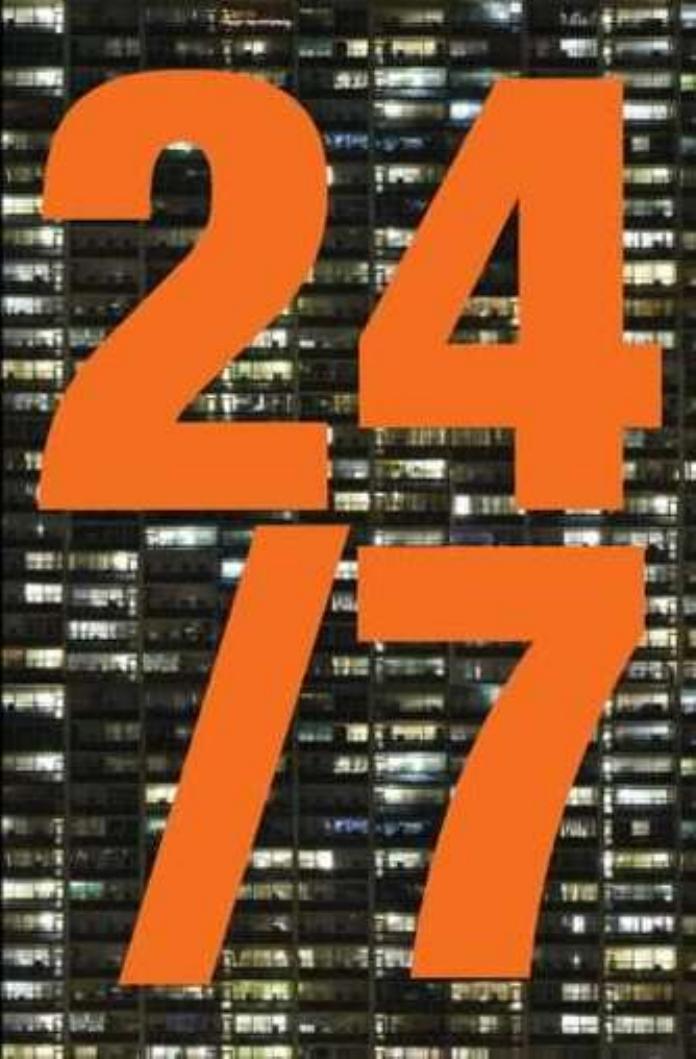247: Late Capitalism and the Ends of Sleep by Jonathan Crary

Author:Jonathan Crary
Language: eng
Format: azw3, pdf
Tags: Social, Philosophy, Technology, Capitalism
ISBN: 9781781683101
Publisher: Verso
Published: 2013-06-03T23:00:00+00:00
CHAPTER FOUR
Chris Markerâs La jetée (1962) opens in a post-apocalyptic future where surviving humans inhabit cramped underground spaces beneath destroyed cities in permanent exile from daylight. The authorities in this near future are desperately experimenting with primitive forms of time travel to locate help for their beleaguered existence. Part of the crisis is the deterioration and failure of memory in all but a few individuals. The protagonist, and subject of the experiments, has been chosen for the tenaciousness with which he has been able to retain an image from the past. Clearly, La jetée is not a story of the future but a meditation on the present, in this case the early 1960s, which Marker portrays as a dark time, shadowed by the death camps, the devastation of Hiroshima, and torture in Algeria. Like contemporary work by Alain Resnais (Hiroshima, mon amour), Jacques Rivette (Paris nous appartient), Joseph Losey (These Are the Damned), Fritz Lang (Die Tausend Augen des Dr Mabuse), Jacques Tourneur (The Fearmakers), and numerous others, the film seems to ask: How does one remain human in the bleakness of this world when the ties that connect us have been shattered and when malevolent forms of rationality are powerfully at work? Although Markerâs answer to such a question remains unspecified, La jetée affirms the indispensability of the imagination for collective survival. For Marker, this implies a mingling of the visionary capacities of both memory and creation, and it occurs in the film around the image of the unsighted, blindfolded protagonist. Although most of the film, in its narrative context, consists of remembered or imagined images, one of its original premises is this model of a seer whose normative visual abilities have been deactivated in circumstances evoking the torture and inhumane medical experiments of the war and in the years that followed.
Marker here departs from understandings of âinnerâ vision that presuppose the autonomy and self-sufficiency of a voyant. In La jetée the seerâs subjective freedom is constrained, even partly directed, by the external compulsion of his circumstances, and his extraordinary recovery (or creation) of mental images occurs in an ambiguous overlap of scarcity and fear, on one hand, and the marvelous flux of a âvie intérieureâ on the other. Marker is clearly familiar with previous explorations of reverie and daydream (from Rousseau to Nerval, Proust, Bachelard, and others), but the reverie of La jetéeâs protagonist is not simply an aleatory suspension of self in a stream of consciousness. Instead, his drift between images is always counterbalanced by the exigencies of a doomed present, by the anxiety of a state of emergency, and by the application of biopower to compel his mnemonic cooperation. Marker may well be alluding to the Surrealist poet Robert Desnos, known for his ability to fall into deep trance-like sleeps, during which he uttered verbal outpourings of dream imagery. The mediumistic Desnos, who hosted a popular radio program on dreams in the 1930s, was condemned to a situation not unlike that depicted in the opening of
Download
247: Late Capitalism and the Ends of Sleep by Jonathan Crary.pdf
This site does not store any files on its server. We only index and link to content provided by other sites. Please contact the content providers to delete copyright contents if any and email us, we'll remove relevant links or contents immediately.
Zero to IPO: Over $1 Trillion of Actionable Advice from the World's Most Successful Entrepreneurs by Frederic Kerrest(4507)
Machine Learning at Scale with H2O by Gregory Keys | David Whiting(4292)
Never by Ken Follett(3937)
Harry Potter and the Goblet Of Fire by J.K. Rowling(3848)
Ogilvy on Advertising by David Ogilvy(3603)
Shadow of Night by Deborah Harkness(3356)
The Man Who Died Twice by Richard Osman(3070)
Book of Life by Deborah Harkness(2930)
The Tipping Point by Malcolm Gladwell(2911)
Will by Will Smith(2906)
0041152001443424520 .pdf by Unknown(2843)
My Brilliant Friend by Elena Ferrante(2824)
Purple Hibiscus by Chimamanda Ngozi Adichie(2820)
How Proust Can Change Your Life by Alain De Botton(2804)
How to Pay Zero Taxes, 2018 by Jeff A. Schnepper(2646)
Hooked: A Dark, Contemporary Romance (Never After Series) by Emily McIntire(2545)
Rationality by Steven Pinker(2351)
Can't Hurt Me: Master Your Mind and Defy the Odds - Clean Edition by David Goggins(2322)
Borders by unknow(2301)
